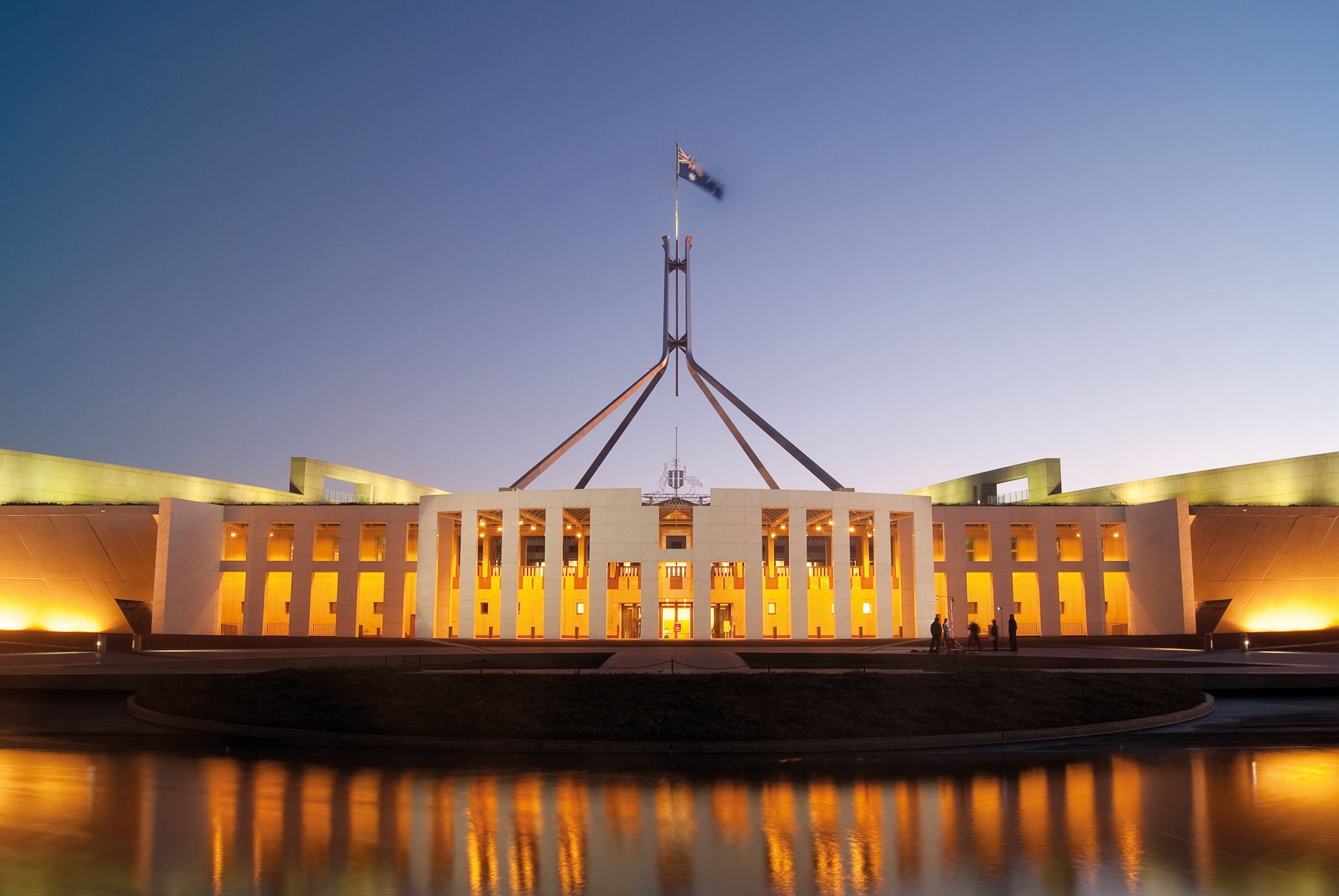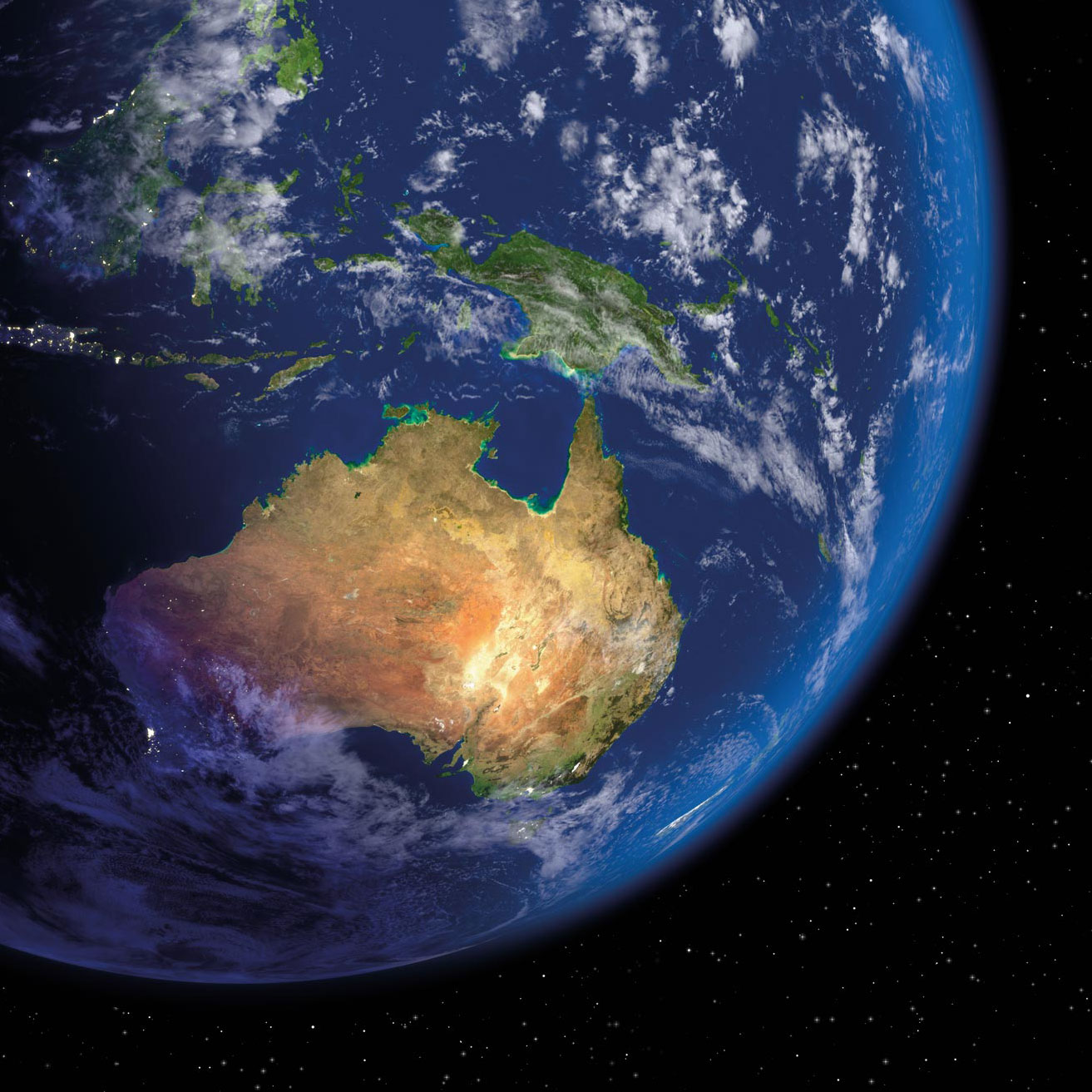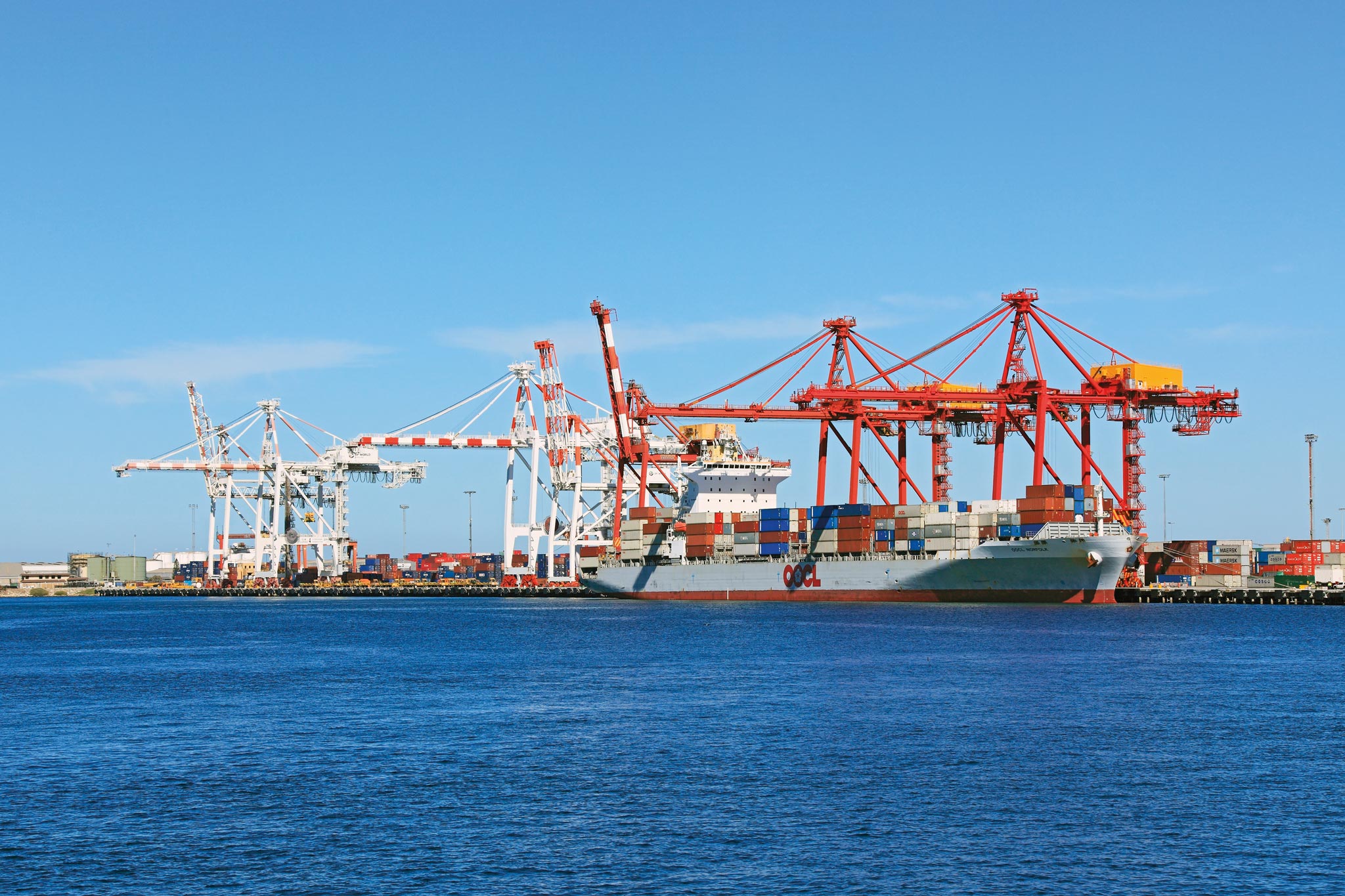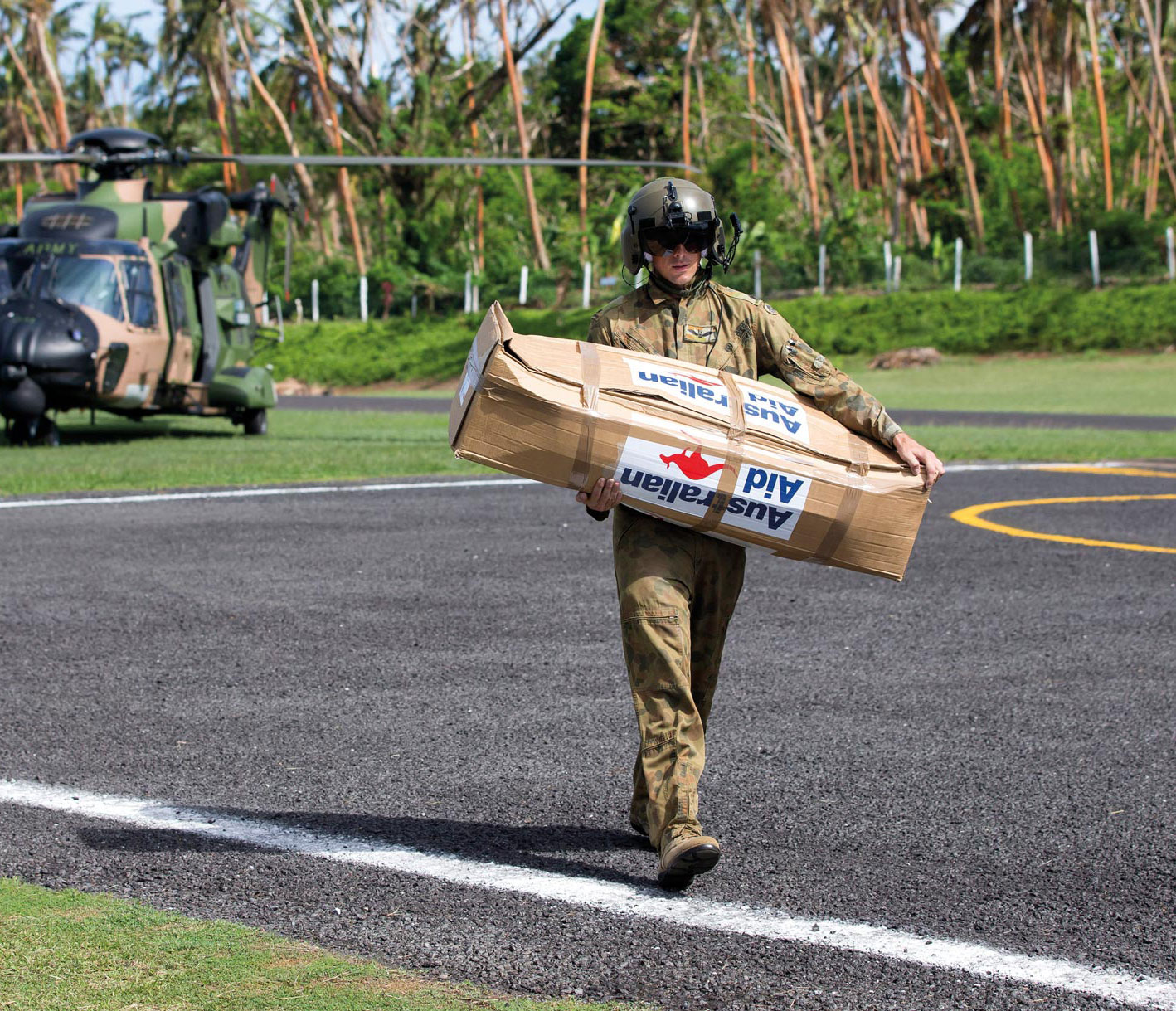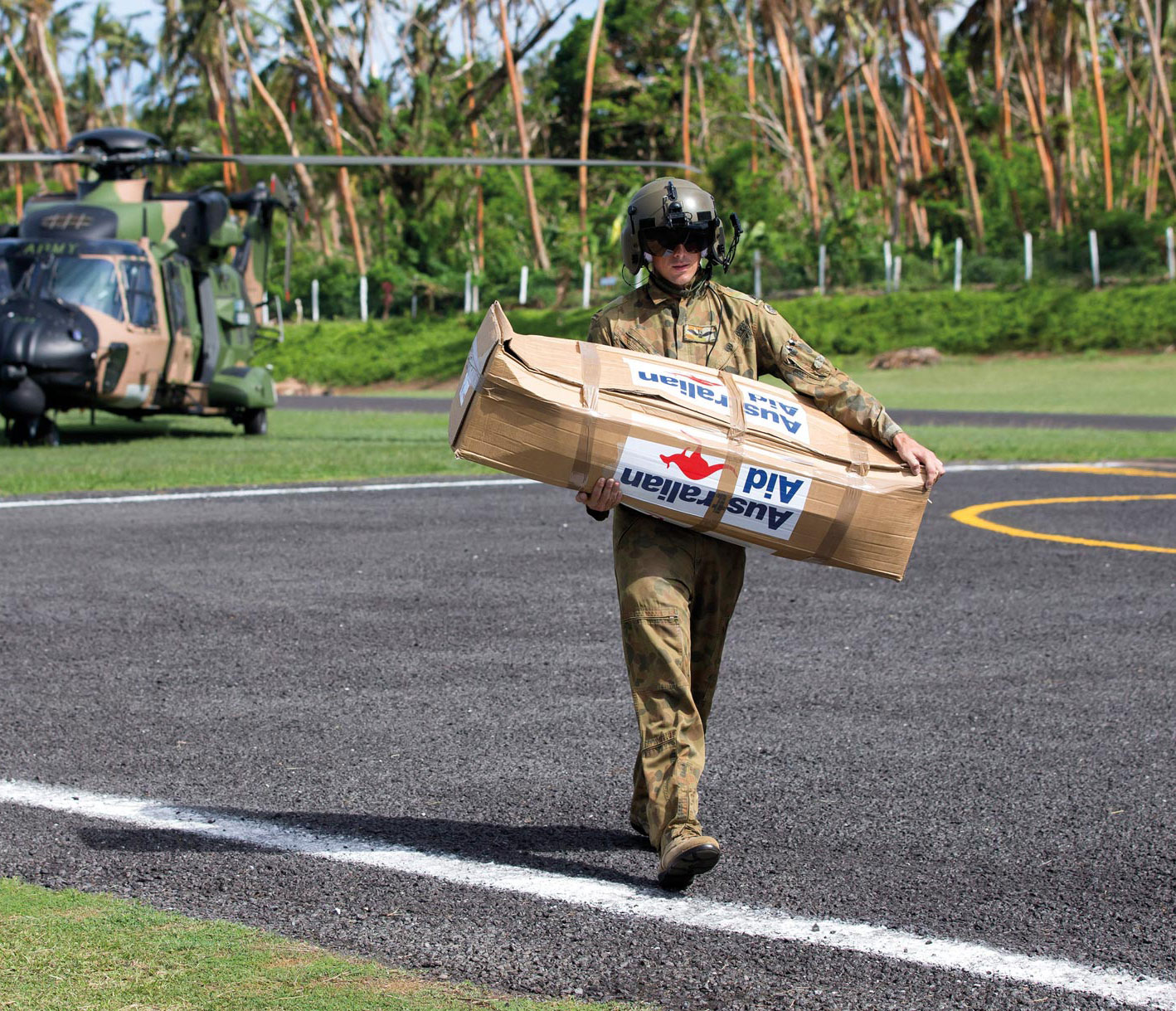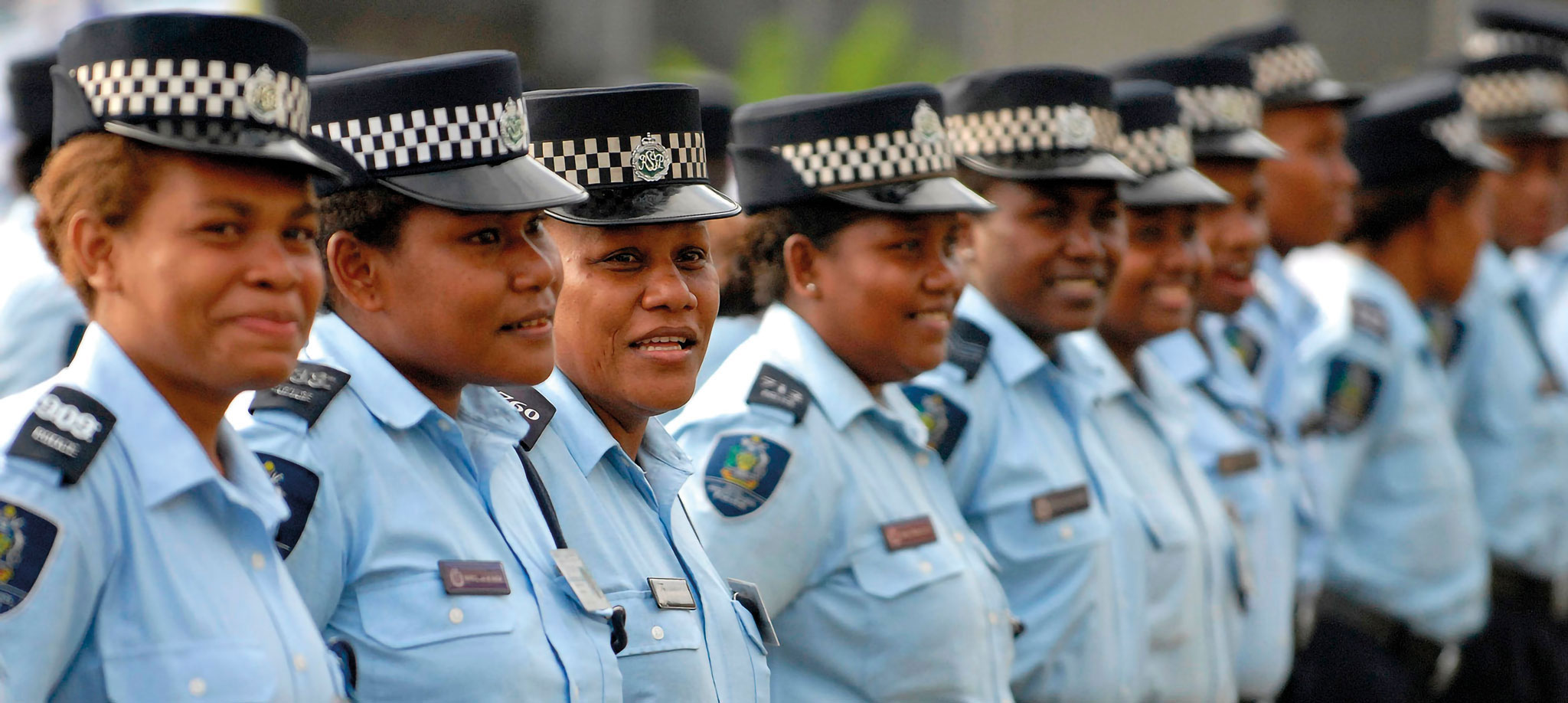Having the ability to influence the behaviour or thinking of others through the power of attraction and ideas is also vital to our foreign policy. This is known as soft power.
Australia’s ability to persuade and influence others is underpinned by some enduring strengths. Among these are our democracy, multicultural society, strong economy, attractive lifestyle and world-class institutions. At the same time, globalisation and technological advances, particularly the reach of the internet and social media, continue to change the way influence is exercised.
The Government recognises the greater ability in a globalised world of individuals and non-state actors to shape outcomes on issues of importance to Australia. Digital communication also allows non-government actors and nation states alike to influence public attitudes at a pace and scale not witnessed before, for good and ill.
Strengths
We start from a position close to the top of global surveys of soft power. Australia’s democracy, rule of law, strong economy, quality education, cutting-edge science, multiculturalism and environmental protections are all sources of influence. These facets of modern Australia underpin our ability to attract capital and talent from around the world. They enable Australians and Australian institutions to speak with confidence and with credibility on the world stage.
Australia’s commitment to solving regional and global challenges underpins our standing as an influential and successful nation. Our development partnerships also expand our points of engagement and international influence.
Our widely envied lifestyle reflects the high standard of living we have forged and the excellence of our cities and government services, as well as world-leading levels of environmental protection. We have strengths in innovation and the creative industries. Our attractiveness as a tourism destination brings substantial economic benefits and builds influence by encouraging visitors to our shores and showcasing Australia’s natural beauty, world-class produce, dynamic economy and the openness of our society.
A stronger nation brand
The Government is committed to marketing our commercial, educational and cultural credentials. We will develop a stronger nation brand that reinforces our reputation as an internationally competitive investment destination, a great place to visit, a quality provider of education and a trusted exporter of premium quality goods and services. This will complement our broader trade and investment policies and add impetus to our major economic partnerships.
Digital engagement
Digital engagement is increasingly important to attract, build and mobilise support for our foreign policy goals. More broadly, digital engagement supports a more open and consultative form of government, one in which governments both communicate their own messages and listen to diverse views.
Digital communication platforms also help us to monitor international developments and track sentiment towards Australian policy. Through digital media, we can also help to shape debate and understanding of Australia’s interests, and improve crisis management and consular services, for example through immediate warning messaging.
The Government will continue to invest in its people to ensure the Australian Public Service has the right digital skills. This includes recruiting employees with technical expertise and investing in staff to develop the skills they need to engage in digital diplomacy. We will also increase the use of languages other than English through our digital media. We will continue to encourage active use of social media platforms by Australia’s overseas posts.
At the same time, we need to be ready to dispel misconceptions and ensure our voice is heard when new and traditional media are used to sow misinformation or misrepresent Australian policies.
Institutions, systems and standards
Australia’s systems, institutions and expertise are themselves crucial tools of influence. By sharing our experience with economic reform, sustainable development and regulation, we help other governments with their own challenges.
This enables us to collaborate with partners to tackle common problems, and promote standard setting and regulatory approaches that facilitate commercial engagement by Australian companies. Our institutions and standards in the financial sector, aged and health care, and water efficiency are among several such areas of strength for Australia. The changing world economy gives further scope for Australia to lead in the setting of global standards.
Our delivery of effective development programs also adds to our reputation and helps to showcase Australia’s expertise in areas such as education, health and science.
Education
Our commitment to education, training and research exchanges will remain central to Australia’s soft power. These exchanges build influence, and strengthen people-to-people links and mutual understanding. Australia will continue to welcome hundreds of thousands of international students to our shores (Figure 8.1).
Figure 8.1 International students in Australia (2016)
| Students | |
|---|---|
| China | 156961 |
| India | 60013 |
| Malaysia | 23539 |
| Vietnam | 22487 |
| Republic of Korea | 21923 |
| Brazil | 19526 |
| Thailand | 19158 |
| Nepal | 18710 |
| Indonesia | 14776 |
| Hong Kong | 13992 |
| Other | 183094 |
Department of Education and Training
For more than 60 years, the Government has supported the education of emerging leaders from developing countries. From the Colombo Plan in the 1950s to today’s Australia Awards, more than 80,000 men and women have received an Australian Government scholarship to study in Australia. Each year, the Government invests approximately $320 million in the Australia Awards program, funding around 3,500 scholarships, fellowships and short courses.
The challenge for Australia is to ensure we capitalise on the opportunity afforded to us in hosting—often for several years—some of the best and brightest from the Indo–Pacific and beyond. To that end, the Government will deliver a new Australia Awards Linkages Framework to connect awardees to leaders in the private sector and government.
Endeavour Scholarships and Fellowships and Endeavour Mobility Grants also build Australia’s reputation for excellence in the provision of education and research. Since 2004, tens of thousands of Australian and overseas students have benefitted from study, research or professional development under the program.
New Colombo Plan
The Government is committed to ensuring one of its signature initiatives, the New Colombo Plan (NCP), becomes a transformative program for Australia. Under the NCP, thousands of young Australians study and undertake internships in the Indo–Pacific. This builds institutional and people-to-people links with the region.
The NCP is a practical manifestation of Australia’s commitment to learn from our neighbours, just as we know students from our region benefit from their experiences in Australia. The Government wants it to become a rite of passage for young Australians to live and work in our region. The NCP must be an investment that endures for the long term.
Each year, the Government provides $50 million to fund about 10,000 students under the NCP. By 2018, we will have supported more than 30,000 Australian undergraduates to study and undertake internships in the Indo–Pacific (Figure 8.2). We will nurture the NCP’s alumni network by linking NCP alumni to international students in Australia.
Countries across the Indo–Pacific have embraced the NCP at the highest levels. The Australian business community and many foreign companies are also essential partners, including by providing internships.
Figure 8.2 New Colombo Plan students by destination (2014–2018)
Department of Foreign Affairs and Trade
Data includes both the New Colombo Plan Mobility Program and Scholarship Program; Scholarship Program figures for 2018 were not available at the time of publication
Alumni and expatriates
More than 2.5 million international students have studied in Australia in the past 50 years. Many foreign government and business leaders, including heads of state, ministers and CEOs, have studied in Australia and understand our institutions, values and perspective on the world. This is a significant asset for Australia. These former international students, together with Australians who have studied overseas, make up Australia’s global alumni community.
Our strategy to build a global alumni community promotes Australia and advances our national interests. The Government is working in partnership with Australian universities to keep alumni connected to Australia and to each other through online communities and learning opportunities.
We also have an estimated one million Australians living overseas. We will continue to leverage the knowledge, networks and expertise of our expatriates through chambers of commerce and organisations such as Advance.
The Government will maintain its 60 year commitment to funding Australian volunteers to share their expertise in our region. This year we will support more than 1,000 Australian volunteers to work with local organisations and governments in partner countries to promote social and economic development.
Science and research
Australia has a global reputation for excellence in science and research. Our scientific community showcases Australia’s scientific excellence at home and abroad. Many Australian researchers are experts in their field and hold influential positions in international organisations. Our science diplomacy, such as our joint research initiatives with China and India, strengthens bilateral relationships.
Our international science collaboration generates new ideas to respond to emerging research opportunities and challenges. It provides our scientists and researchers with networks at home and overseas. We also encourage some of the world’s best and brightest to pursue opportunities in Australia to deepen our talent pool. The talent we attract drives the development of new products and knowledge, linking Australia to technological developments needed for the industries of the future.
Australia is also a leader on a range of health issues, including emergency preparedness and response, health technology and assessments, regulatory processes for medicines, medical devices and cell and tissue products, tobacco control, and ageing and health care. By sharing our expertise in health we add to our influence in a sector fundamental to the wellbeing and prosperity of all nations.
Creative excellence
The arts are more than a cultural export. Collaboration on cultural projects helps build influence and partnerships internationally and creates shared understanding. The Government's promotion of Australian excellence in culture and the arts works to establish networks and encourage collaboration and exchanges between Australian artists and arts organisations and their international partners. It helps to expand audiences and markets for Australian artistic work and creative products. We also promote Australian expertise in arts production and management, and build our reputation as a culturally rich and diverse society.
We will continue, for example, to invest in exporting Australia’s software development and interactive content expertise to take advantage of growth in digital games development. The Government will continue to partner with the private sector and state governments to ensure Australia is recognised as a world-class filming destination. We also showcase Australia’s creative industries in dedicated international programs, such as G’day USA, which promotes Australia every year in the world’s largest consumer market.
Sports diplomacy
Australia is recognised globally as a high-performing and passionate sporting nation. Our sports diplomacy showcases Australia’s expertise in areas such as event management, elite sports and sports medicine. Sport enables us to connect and engage with people and institutions around the world, including by hosting major events such as the 2018 Commonwealth Games and the men’s and women’s T20 Cricket World Cups in 2020.
Visits and exchanges
One of the most effective ways to promote Australia is through sponsored visits and exchanges. The International Media Visits program, for example, exposes influential foreign journalists to contemporary Australia and aims to generate accurate and informed overseas media reporting.
Other programs, such as the Special Visits Program, showcase Australian expertise, institutions, governance, culture and lifestyle, and explore opportunities for collaboration. The leaders of China and India and the Secretary-General of the Arab League are some of the many distinguished alumni from the Special Visits Program.
Government agencies regularly conduct exchanges and training programs with emerging leaders and senior officials from counterpart agencies. Defence and police-led diplomacy and personnel exchanges are an example. These activities and institutional relationships facilitate the development of networks, and build long-standing partnerships and strong personal connections, often at the highest levels. More broadly, these programs help to promote Australia’s interests, priorities and policies internationally.




